Podcast: Getting Started on Your Spiritual Journey.
The concept of a spiritual journey is something that has been around, probably since the dawn of Man, and over the centuries it’s become something of almost mythical proportions. We tend to have this idea of a spiritual journey being this epic quest that takes you to the ends of the Earth and back, only to find Enlightenment right back where you started. We have Buddha forsaking his riches, Jesus wandering through the desert, and Mohammed meditating in a mountain cave.
Along with this comes the idea that spirituality is something almost other-worldly, and that to truly become spiritual, you must give up all of the things that matter to most people. You need to abandon society and live out your days in isolation. We have ingrained within us ideas of the monastery perched atop a Himalayan mountain, the shaman living on the fringe of his tribe, the Oracle alone at Delphi, and the virgin Carmelite sequestered in the cloisters. The message is clear: to be spiritual, you must deny yourself the world.
And, even then, even if you devote your entire life to spiritual mastery, Enlightened is like a throw of the dice. You have a better chance of beating the house in Vegas. Because, we believe, enlightenment is reserved for the select few, a handful of saints and gurus. It takes many, many lifetimes to achieve, and — let’s face it — it seems like a lot of work.
In this episode — and, throughout the entire series — I’d like to propose an alternate view, and suggest that we rethink our approach to spirituality. I believe adamantly that every single person has the ability to become enlightened, and that you can choose this state for yourself, right now.
You have the ability, right now, to feel exquisite states of peace, joy, and love. You have the ability to gain total awareness of All That You Are and to know, with absolute certainty, that you are One with everything around you.
You are divinely loved, impeccably inspired, and a perfect expression fo all that you seek to be. You are perfect, and yet evolving in that perfection. I would like to suggest that your spiritual journey is not about doing or achieving anything. It is about becoming more and more aware of everything that you already are. It is about embodying the highest ideal you can imagine for yourself.
You do not have to drop everything and move to a monastery. You can become conscious of Who You Are simply by being wherever you are, right now, and doing whatever it is you choose to do. There is no prescription. There is no rulebook. There is no right or wrong path.
Everything that I share with you — all of the ideas, exercises, and strategies, are tools for you to use. Take whatever works for you, and apply them in whatever way inspires you. Do not worry if something does not resonate with you — just because a belief or a technique works for one person, does not mean it will work for another. Give yourself the freedom to be in charge of your own journey, just as I would encourage you to give others the freedom to be in charge of theirs.
As Ram Dass writes, “The spiritual journey is individual and highly personal. It can’t be organized or regulated. It isn’t true that everyone should follow one path. Listen to your own truth.”
So, with that said, I’d like to spend the rest of this podcast outlining a few of the main ideas that have helped me on my own journey, and which I believe will help you on yours.
The first belief I would encourage you to adopt is that All of Life is a spiritual journey. There is no start or end to is, and there isn’t even really any one goal or destination. So I encourage you to give up this idea of spirituality as an epic quest for enlightened that we all go through whether we want to or not, because that belief, in many ways, implies that you can’t be spiritual until you’ve gone on this quest.
It’s a very linear, and, I think, physically-oriented way of thinking. First, you’re not spiritual. Then, you go on a quest. Afterwards, you become spiritual.
This approach — frankly — just doesn’t make that much sense to me. We are all spiritual, all of the time. It’s not some quality you have to earn or achieve. You are already spiritual.
There’s a great quote, attributed, I think, to Stephen Covey: “We are not human beings on a spiritual journey. We are spiritual beings on a human journey.” Think about that for a second. “We are not human beings on a spiritual journey. We are spiritual beings on a human journey.”
You are already spiritual. What we call our spiritual journey is really a process of awareness. It is your individual unfolding as you move into higher and higher levels of awareness of yourself.
When we think linearly, we set this goal of “enlightenment,” thinking that one day, hopefully, we’ll “get there,” but until we get there, we aren’t there. We effectively set ourselves up for failure before we’ve even begun, because we have this ambiguous, ever-unattainable goal we think we must reach.
And, when we think linearly, we also become more prone to judgment — both of ourselves and others. When we imagine a single, straightforward path, we tend to judge our progress by where we believe we fall on that path. Often, this either leads us to berate ourselves, thinking we’re “not good enough” or we “should be doing better,” or it leads us into a kind of spiritual elitism, a holier-than-thou attitude, as we start to rank others in comparison to ourselves, falsely assuming that their journeys should look like our own.
Recognizing that all of life is a spiritual journey helps to reposition and avoid some of those challenges. If you believe you are already spiritual, and that there is nowhere you must arrive, it takes the pressure off. You no longer have to strive or worry about whether or not you’re on track. You can relax and become more open and receptive to the world around you — traits, that, not surprisingly, we usually consider to be more spiritual.
Secondly, viewing all of life as your journey helps you to understand more intimately the process, and to enjoy your own individual evolution. You start to see life not in terms of destinations and events, but as a constant, interminable series of unfoldings. You gain a sense of continuous renewal.
As I said earlier, you are perfect, and yet evolving in that perfection.
This process-oriented mindset helps you to have more compassion — both for yourself and for others. It is natural to feel a sense of ebb and flow in the tides of your consciousness. There will be times when you seem to rush ahead, when you feel more connect, and more spiritual, just as there will be times, over and over again, when you feel you are faltering in your progress. Thinking non-linearly, understanding that you are always perfect, is invaluable in helping you through these times.
Just because the process is ongoing, does not mean that is has to be difficult. The next main idea I’d like to suggest is that your journey — in whatever form it takes for you — should feel easy, natural, and effortless.
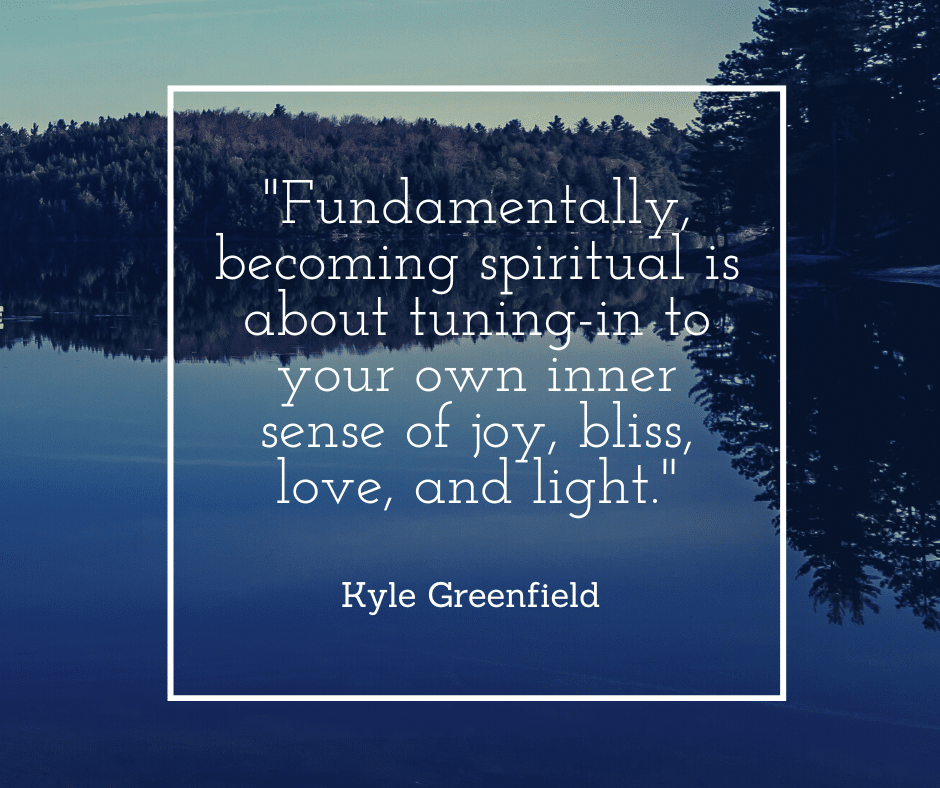
Fundamentally, becoming spiritual is about tuning-in to your own inner sense of joy, bliss, love, and light. As you raise your consciousness, you become more and more aware of the thoughts and actions that resonate with you — the thoughts and actions that propel you towards the highest joy available to you in that moment. Spirituality is about learning to trust in and act upon that joy.
This doesn’t mean you become a hedonist, ignore your responsibilities, and go off on endless vacations…well, at least not forever.
It means that you start to realize you have an intuitive source of guidance that is constantly available to you, and that the more you can learn to surrender to this guidance, the easier, more joyful, and more prosperous your life will be.
While it may take time and practice to learn how to listen and trust in this guidance, it, fundamentally, is not difficult. It is simply a decision, which you make and re-make in every passing moment. It is the decision to prioritize joy over suffering, to choose love over fear. It is the decision to act, over and over again, on your vision of the best person you can imagine yourself to be.
If you can do that — if you can commit to it — I promise you it will not be long before your life begins to transform from the inside out, often in ways you never could have imagined.
As you go through this process, as you begin to confront the ups and downs of your journey, you will begin to encounter — in ever more nuanced ways — the limiting beliefs that you hold. Again, I encourage you not to admonish yourself for these beliefs. Do not think that you “should not” be experiencing them or that they in some way represent a backwards step.
Everything is as it should be, though accepting this fact is easier said than done. One of the biggest obstacles that many people face revolves around this idea of wanting to be somewhere other than where they are. Often, our strongest desires come from our belief that the absence of them is wrong. We want to ‘be there’ so strongly, that we invalidate our presence in this moment, and unconsciously judge or deny our current circumstances.
For example, if our aim is to become happier, we create a list of things we think we need to be, do, or have in order to be happy. Implicit within those conditions is our tendency to establish happiness as a goal.
On the surface, this seems perfectly reasonable. After all, everyone wants to be happy. Happiness is the reason we set most of our goals and aspirations in the first place. It seems the process is almost hardwired into us: if we want something, we believe we should set a goal to go get it.
Therein lies the problem. If you want something, your want implies that you do not already have it. Having a goal implies that you have not yet achieved that goal. After all, if you already had the thing you sought, why would you set a goal to go get it? As I mentioned earlier, unconsciously, we believe we must move from absence through action to attainment. We believe that, starting from a state of lack, we must do something that will yield us our aim.
While this approach might work for some types of goals, it completely misses the mark when it comes to embodying more enlightened state of happiness and prosperity. Often, our effort to “attain” joy-bliss-love-light is the very force that cuts us off from it. Our effort points to our unconscious beliefs that we do not have access to these higher states of consciousness, and that it is difficult to achieve them. The more we strive to achieve these states, the more we focus inadvertently on lack, disbelief, and inability, neglecting to realize that joy is already before us. The mindset that we must strive for happiness keeps it forever out of reach.
I refer to this mindset as the seekers’ dilemma, or the seekers’ paradox. As long as you want to achieve enlightenment, you will remain unenlightened. In order to experience higher states of joy, you must earnestly search for it,, but you will never find it so long as you continue to look. The resolution of this paradox rests with the knowledge that joy – and all spiritual development – cannot be achieved or attained. It must be allowed. Rather than attempt to find bliss, you need only relax and receive it.
Obviously, there is more to these ideas than I can unpack in a single episode, and we will continue to explore the nuances of this approach as we move through the series. In the next episode, we will dive into what I believe are the two primary paths you might choose from as you continue your spiritual growth: the path of peace, and the path of empowerment. The path of peace is what many people would consider to be “more traditionally spiritual,” as it is an approach that follows a process of introspection to embody higher levels of inner peace and joy. By contrast, the path of empowerment focuses on aligning every action towards your highest passions, so that you live everyday with a feeling of inspiration and fulfillment. We’ll talk about the differences of these two paths, but see that – ultimately – they are two sides of the same coin, and are both equally valid explorations of your spiritual nature.
But, for now, I just want to leave you with a little thought exercise, which I hope will help you to tune-in to a lighter, more vibrant version of yourself, and start to bring some of these principles into your life, right now.
If you are listening on the go, you may want to come back to this exercise later, when you have a few moments to yourself.
To begin, first close your eyes, and take a few seconds to draw your attention inwards. Focus on your breath for one or two cycles, allowing the air to pass easily in and out of your body.
As you breathe, I want you activate the highest feeling of happines syou can remember. Call upon any memories that may serve you in this, but, rather than thinking of the events of those memories, try to focus in on the feelings surrounding them. Tune-in to the feeling of joy, the feeling of peace, and the feeling of love you may have had at the time.
Sit into this feeling for a few moments. Cherish it, and allow the positive emotion to flow through your entire body.
Now, maintaining this clear sense of happiness and well-being, I want you to project yourself forward into the future. Imagine yourself a few years from today, and imagine that you have brought this feeling of joy forward with you. Imagine that you have practiced it, so that, this feeling – the happiest you have ever felt – is now normal. It is your new, default state. A new set-point. A launch-pad, from which you move into even higher emotions.
Feel into this state. Allow it to expand, for as long as is relevant for you. Then, ask yourself a simple, but powerful question: what thoughts must you think, to become Now, your highest ideal?

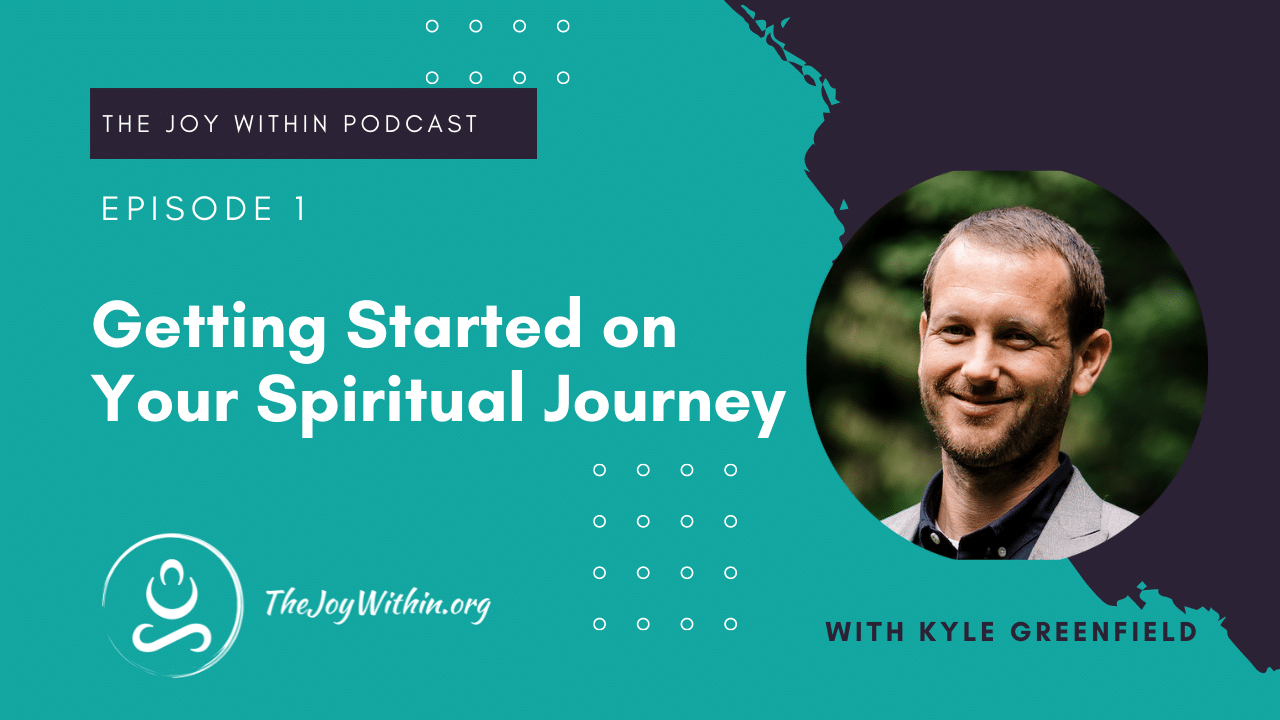
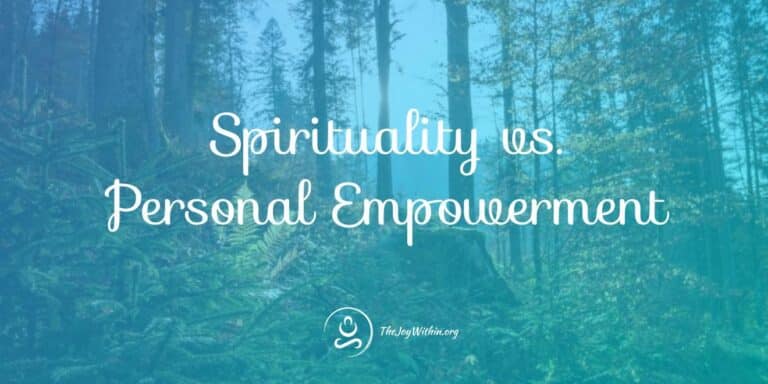
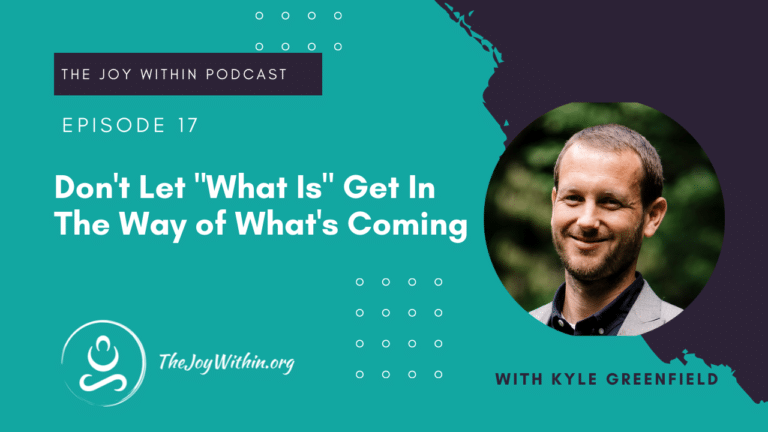
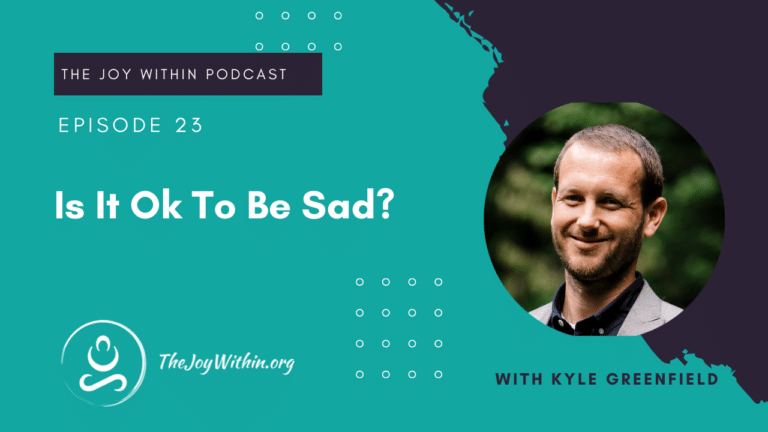
Thank you. I enjoyed that,
David
Beautiful